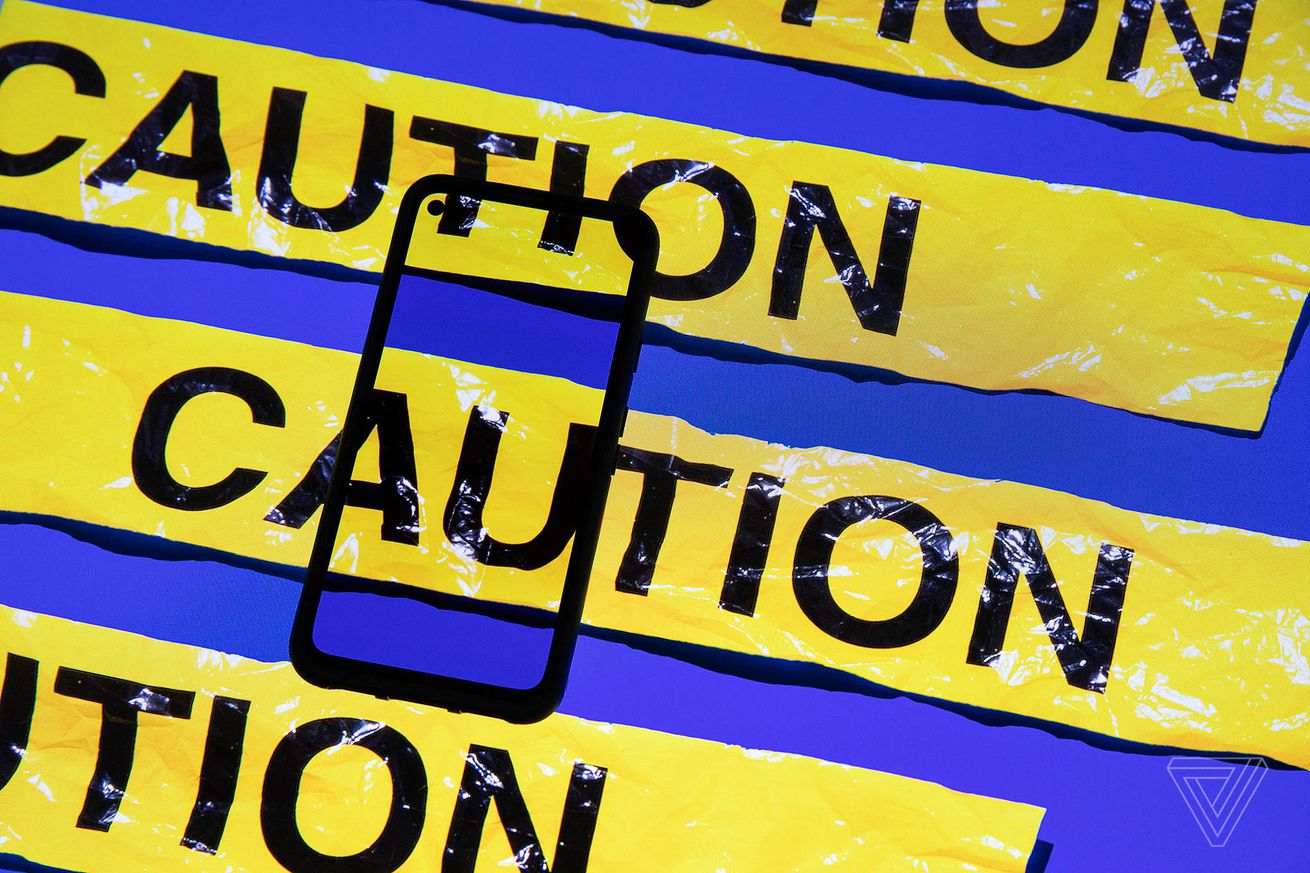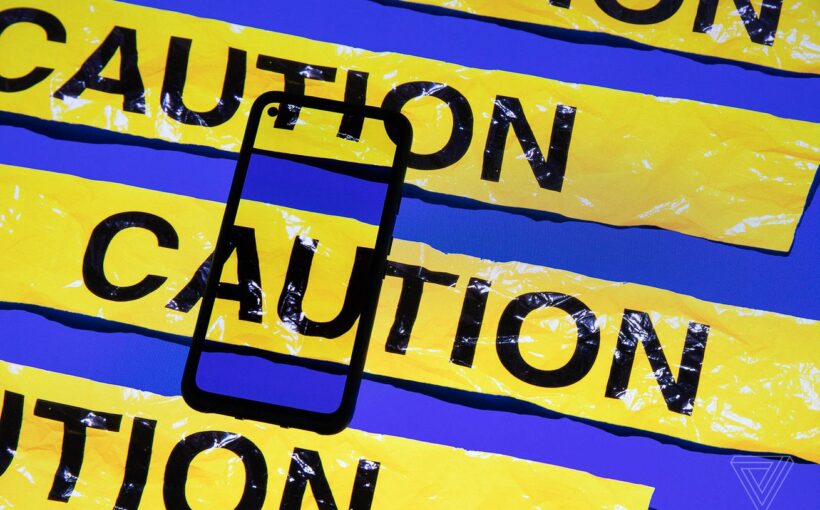
The war in Israel presents content moderation challenges for the most popular social media sites.
Following the Hamas terrorist attack on Israel, social media companies are facing increased pressure to crack down on violent content, hate speech, and disinformation.
Some social platforms are already sharing details of their response: Meta is tightening security measures amidst an increase in content violating its rules, while TikTok has also committed to stepping up its moderation in the wake of the attacks.
Despite this, both Meta and TikTok are facing scrutiny from the European Commission over whether their response complies with the Digital Services Act, a set of rules that hold large social media companies accountable for preventing illegal content from being posted to their platforms.
The European Commission is looking into the way X (formerly Twitter) is handling the Israel-Hamas war as well and also sent a letter to YouTube to remind the company of its responsibility to keep illegal content and disinformation off its platform.
Here are all the updates on what social platforms are doing in response to the Israel-Hamas war.
-

Oct 19
How podcasters are talking about the Israel-Gaza war
:format(webp)/cdn.vox-cdn.com/uploads/chorus_asset/file/23954046/VRG_Illo_STK427_K_Radtke_Getty_Mics.jpg) Illustration by Kristen Radtke / The Verge; Getty Images
Illustration by Kristen Radtke / The Verge; Getty ImagesI have been paying close attention to Brookings’ political podcast database over the past week and a half to see how discussion of the war is taking shape. This is a highly underrated tool and an essential one if you care about the state of political podcasting. It looks at the top political podcasts on the left and right on Apple Podcasts (i.e., no Rogan) and catalogs what they’re talking about. One feature breaks out the most-discussed topics on each side, and the language used is telling about how conservative podcasters are approaching the topic versus liberal ones.
Immediately after the terrorist attacks on October 7th, conservative podcasters cornered the conversation. While “Israel” was the number one topic for conservative shows, it didn’t crack the top 10 on liberal shows. That has changed as the conflict has escalated into war, with “Israel” being the number one topic for both sides in the past week, but you can still see the difference in language and approach.



